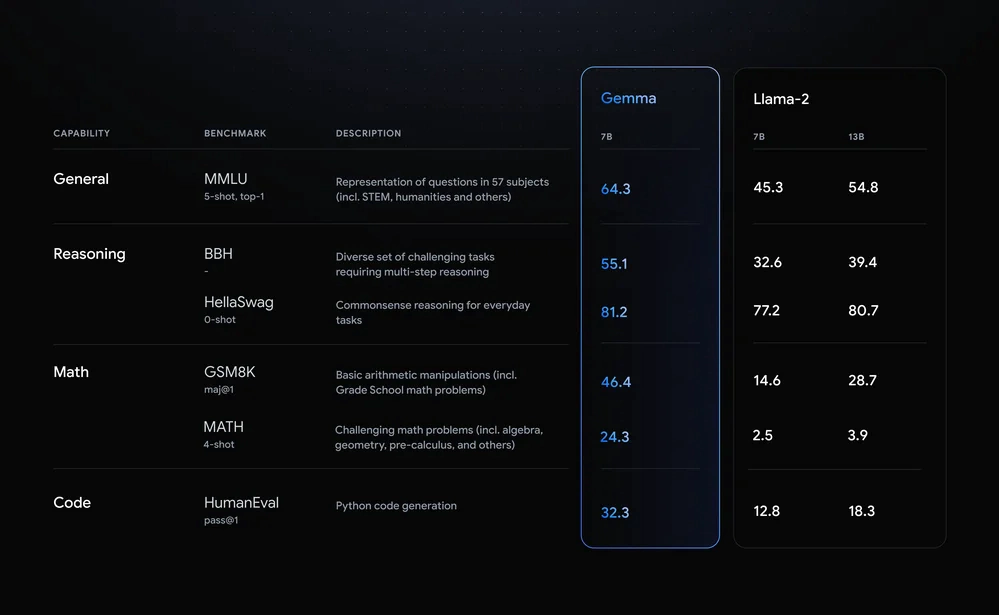
AI is getting here and there and everywhere. And there is nothing stopping it. And Google is making it grow even faster.
The AI chatbot hype sent up so steeply following the release of ChatGPT by OpenAI, that pretty much all big tech companies are either developing or exploring ways to create and/or utilize the technology for their own benefit.
Due to how lucrative the industry has become, developers know that their products should be protected at all cost, and its secrecy kept behind closed doors.
But not Meta.
Driven by its founder and chief executive, Mark Zuckerberg, Meta believes that the smartest thing to do is share its underlying AI engines as a way to spread its influence and ultimately move faster toward the future.
Meta shared its LLaMA and LLaMA 2 chatbot, because "open-source drives innovation because it enables many more developers to build with new technology."
Being open does bring its own advantages, and Google knows it too.
This is why Google is making a similar move, by releasing the computer code that powers its online chatbot.
Much like Meta, Google said the benefits of freely sharing the technology - called a Large Language Model - outweighs the potential risks.
So here, in a blog post, the company said that it's releasing not one, but two AI language models that could be much of a help to others out there who wish to build their own chatbot similar to Google's own chatbot.
Google calls the two AI 'Gemma 2B' and 'Gemma 7B'.
"We’re hoping to re-engage the third-party developer community and make sure that” Google-based models become an industry standard for how modern AI is built," said Tris Warkentin, a Google DeepMind director of product management.
The first Gemma comes with 2 billion parameters, whereas the second Gemma comes with 2 billion.
This essentially makes the two far less superior than Gemini, which Google chooses to keep it for itself only and under wraps.
But despite being inferior from Google’s more powerful AI technologies, the company argues that the two AIs rival many of the industry’s leading systems.
After all, the company describes the LLMs as "inspired by Gemini."
But whatever the two lack, they stand out in terms of speed.
According to Google, the two Geminis are lightweight in their architecture, which means that they should have faster inference speeds and lower computational demands.
This should make the two ideal for personal computers and even mobile devices.

Many researchers and developers behind many AI products worry that AI technologies can be used for nefarious purposes.
They worry that AI can be used as an enabler of the spread of disinformation, hate speech and other toxic content.
Because of this and some other reasons, some companies, like OpenAI has become increasingly secretive about the methods and software that underpin its products.
But others, like Meta argued that by freely sharing their AIs' source code, a safer AI can be created because open-sourcing a product means that third-party developers can help scrutinize and identify problems when they see one.
To ensure that the two Gemmas are safe, Google said that it had worked to ensure they are safe and that using them to spread disinformation and other harmful material is a violation to its software license.
"We make sure we’re releasing completely safe approaches both in the proprietary sphere and within the open sphere as much as possible,". Warkentin said. "With the releases of these 2B and 7B models, we’re relatively confident that we’ve taken an extremely safe and responsible approach in making sure that these can land well in the industry."
While bad actors can still use these technologies to cause problems, Google has taken steps in the right direction.
It's worth noting though, that although Meta has open-sourced LLaMA, the company puts some restrictions, and this has made the description of LLaMA as open source disputed by the Open Source Initiative, which is known for maintaining the Open Source Definition.